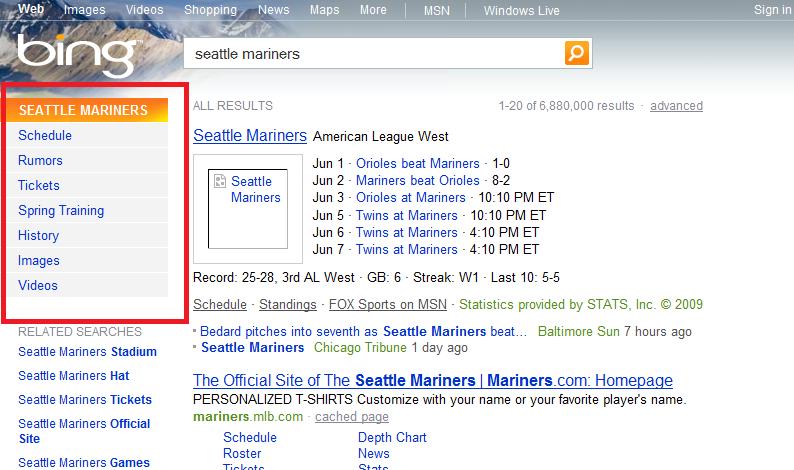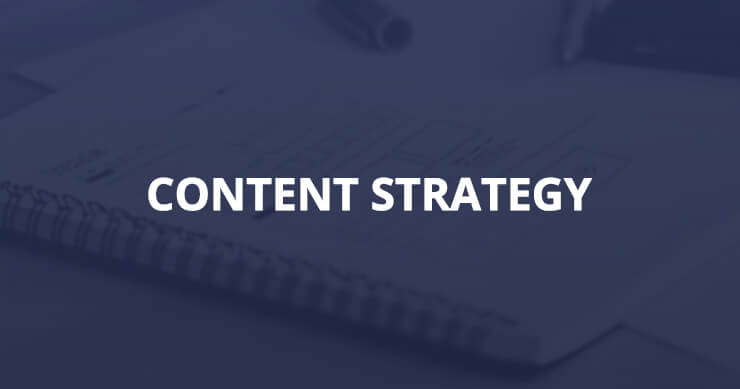Goooood morning, Seattle! I hope you had your bagel and coffee this morning because it’s time to talk to Dr. Qi Lu of Microsoft. Who doesn’t love a Microsoft keynote in the morning to lull you back to sleep? I know, I know, I’m going to try and play nice. Really.
BING!
Sorry. I’m not starting already. I swears it. Danny and Dr. Qi Lu are going to get things started. I’m going to sit here and sip my orange juice while they do. BING!
We start off with a movie. Seriously, it’s like morning nap time in here. And Qi Lu is wearing socks with his sandals. Color me distracted.
Bing.com is now officially public and available. The “preview” labels have been removed. Qi asks people to give it a try and says that he hopes you like it.
Danny comments that it’s been a fascinating launch for Bing. You have new things in there. You have some stuff that other engines don’t have. You also have things that have been in search for some time, but people are just finding them (like Image Search). Do you think people are coming in and reexamining search?
Qi says yes. They’re very excited about the launch of the new product and the new brand. It means there will be more choices for consumers and advertisers. There’s excitement because of the launch. There’s new discovery. That’s a good thing in general because there’s a new energy that we want to happen for our industry. Bing as a product took a very different approach in its overall design. They want to offer a rich and more organized user experience so that they enable their users to complete tasks more efficiently and to make more informed decisions faster. [Qi will repeat this line about 15 more times during the course of the keynote. The coaches must be very proud.]
When you type a query, the left hand Explore column will populate with Quick Tabs. The results page is no longer just 10 blue links. [Danny’s right. Jim Lanzone should be getting royalties for that line.] It’s organized into Web groups.
There’s substantial design and technology innovation behind it. They want to fill user intent faster. If you type in [seattle mariners], you’ll have the Explore page show you the Quick Tabs. They show those because a user searches to fill a particular intent. They want to better understand user intent, while also keeping it dynamic. This is only the beginning.

They want to make the experience richer and more organized so people can make more informed decisions faster.
Danny asks Qi what’s next for Bing. What’s going to happen with search in general?
With the advent of scalable computing infrastructures, it becomes cheaper and cheaper to parse through data. They’ll be able to model user intent better and better. The other important trend is the barrier for producing digital content is lower. The Web started with HTML. Then there were videos and photos. Now we have Facebook. Things will continue to get richer.
The best way to predict the future is to create one [#sexy]. They’re very committed to product development so they can create a better future where the search experience is a lot richer.
They welcome new endeavors that bring computing into solving information problems. Wolfram Alpha is a very interesting endeavor. At Microsoft, they are blessed with the amount of commitment people in the company have made towards research and development.
Qi previously comes from Yahoo. What has the adjustment been like?
The two properties are very different. At Yahoo he was just on the technology side; at Microsoft he’s in charge of the whole business. What’s important to him is to work with his team, to look at where they are and to understand what their obstacles are. At the same time, they want to be very clear long term where they’re headed so they can be very focused and be dedicated with the patience and commitment to go where they’re headed towards.
He’s not aware of his making any comparisons to what was going on at Yahoo to life at Microsoft.
Danny asks why “Bing”? Why did you name it Bing?
It’s very important that they have a new brand that only represents search. One of the important success factors in the search industry is to have a brand that represents search. He says we’ve seen the studies. If you put the same SERPs with two different brands, the usage patterns will be different based on the brand. They want to have a brand that represents just search.
Personally, he comes from a research and development background. He can tell you that their teams are experts and are spending lots of time to locate all the possible candidates. They wanted something that was short, easy to pronounce, something they could match to the URL. Bing also works very well globally. In China it means “very certain to respond”.
Now that you’ve got Bing, you have another brand. While Live Search has gone away, Live is still out there. So what happens with Live services? Does it become Bing Mail? Or is it Live Mail?
MSN still will be there because they have strong portal products. The Live brand will exist because they have a suite of products there too (Messenger, Office Live, etc). Bing will purely represent search.
The big questions is will you gain share against Google. Do you feel there’s enough there? How do you expect to pull that in? Is the marketing enough?
They believe search is still very new. There’s a whole lot more that can be done. The search experience in the next few years can be a lot more compelling. The second thing is, ultimately, you compete in the market based on the experience with your product. The Internet is an extremely viral medium. The best product will often sell itself. Search, as a business, generates a lot of wealth. From that standpoint, more competition, more choices — it’s good for everybody.
They’re going to be very focused on research and development and seeking product innovations. That’s where the real strength will come from. They’re trying to market the new brand. [Danny notes they’re going to be spending $100 million on promoting the new brand. Microsoft, I mean. I don’t think Danny’s fronting the money for that. That would be crazy.]
If you’re one step ahead, you should think of how you can get two steps ahead. If you’re behind, you have to know how to catch up and get ahead. You have to stay focused on research and development. They’re focusing on doing the best job they can going to market.
Danny says that to jump ahead in market share quickly, Bing could acquire Yahoo’s search assets. He asks if Qi can comment on that. We promise not to tell anybody.
Qi jokes the best person to answer that question is Kara Swisher.
Follow up: What would happen if you did acquire Yahoo’s search assets? Would people do a search at Yahoo and it’d be powered by Bing?
Qi says its not proper to speculate. I’ll leave it to people’s imagination. Danny jokes that we’ll do some mock ups for them.
Had you contemplated making the Microsoft.com the search box?
Qi tells everyone to go to Microsoft.com — and yes, it now allows people to search from Bing right on the home page.

Pretty. There’s also a Bing search box on MSN.com.
Microsoft as a company has many different businesses, so it needs to represent all of them.
What kind of tools are you looking to provide to site owners and advertisers?
Their adCenter offers a suite of tools for search engine marketers to run their business. With the introduction of Bing, they’re trying to do a much better job to understand user intent. the more they can understand user intent, they better able they are to provide high quality ads.
And we’re out. What did we learn. Bing is looking at intent. They’re spending lots of money in research and development. And Qi has really bad fashion sense.
See you in a bit!


